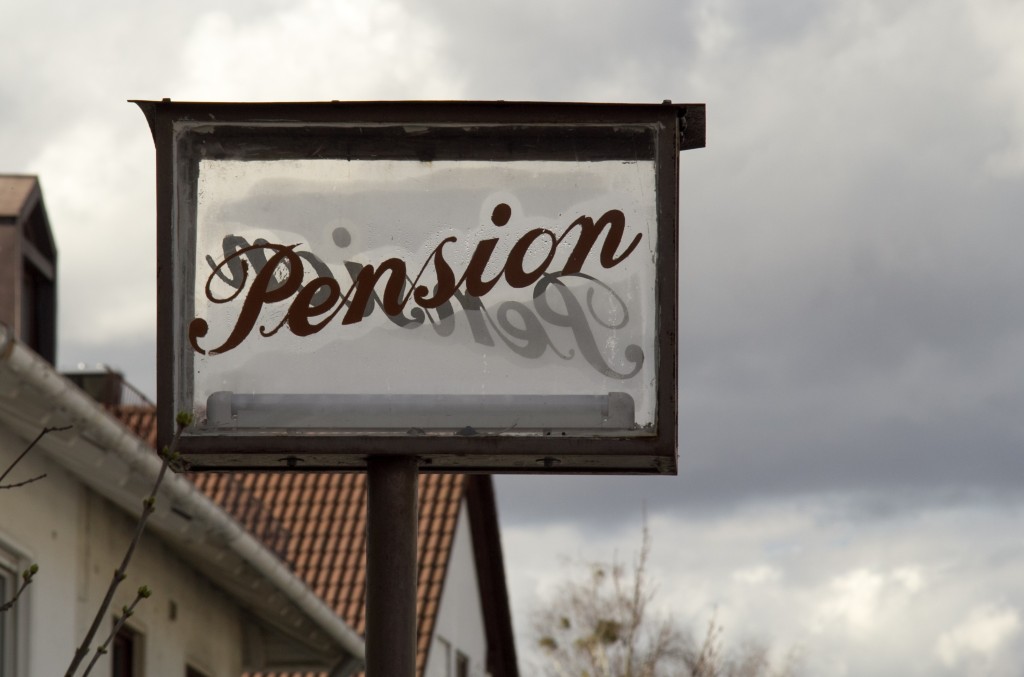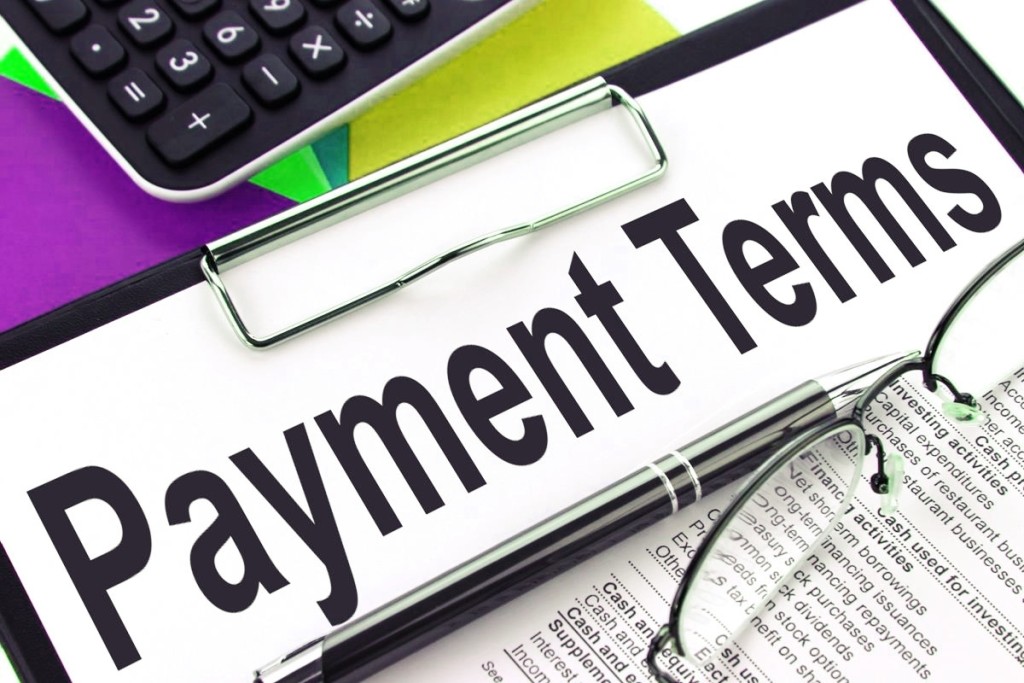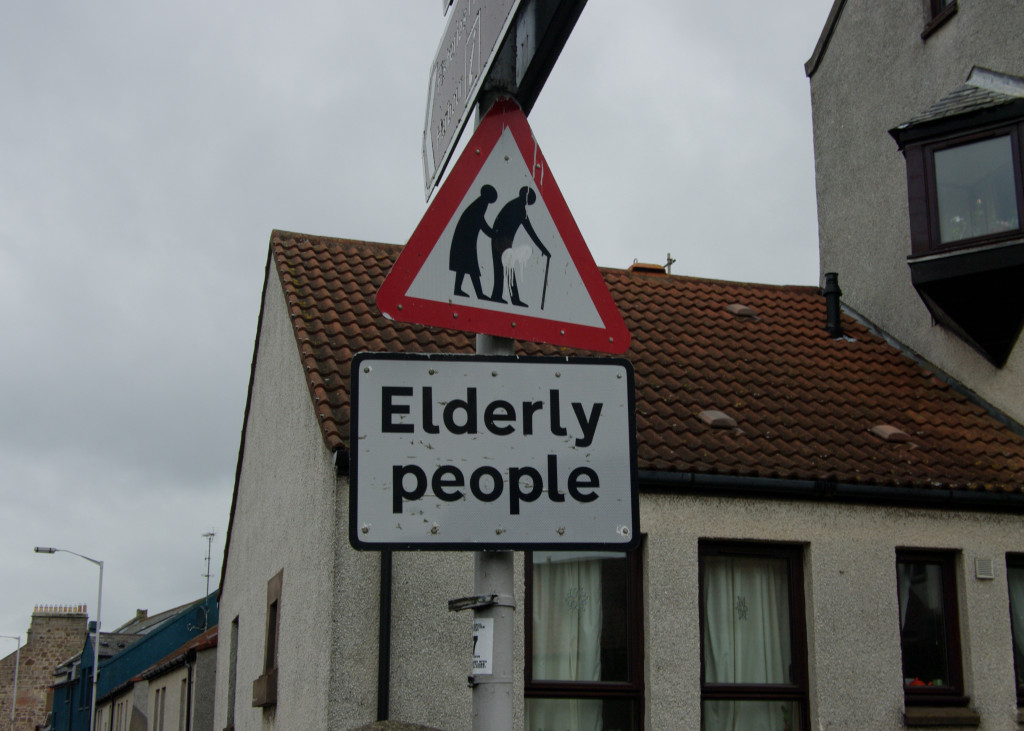
The Problematic Lithuanian Pension System
Forced solidarity creates a contradiction – the working class taking care of themselves seems to oppose the interests of the pensioners, while helping the pensioners more would result in a greater burden on the workers. The pursuit of solidarity leads to a conflict of interests.











